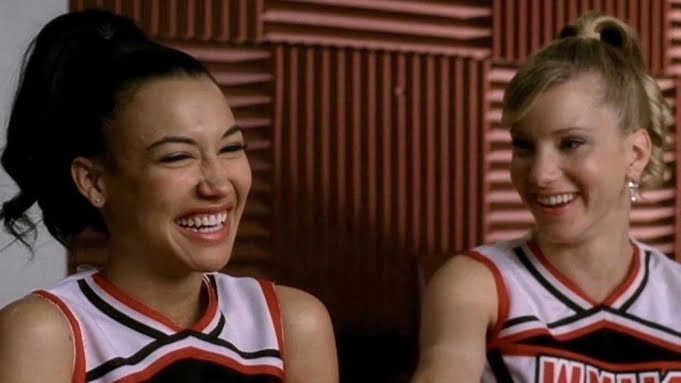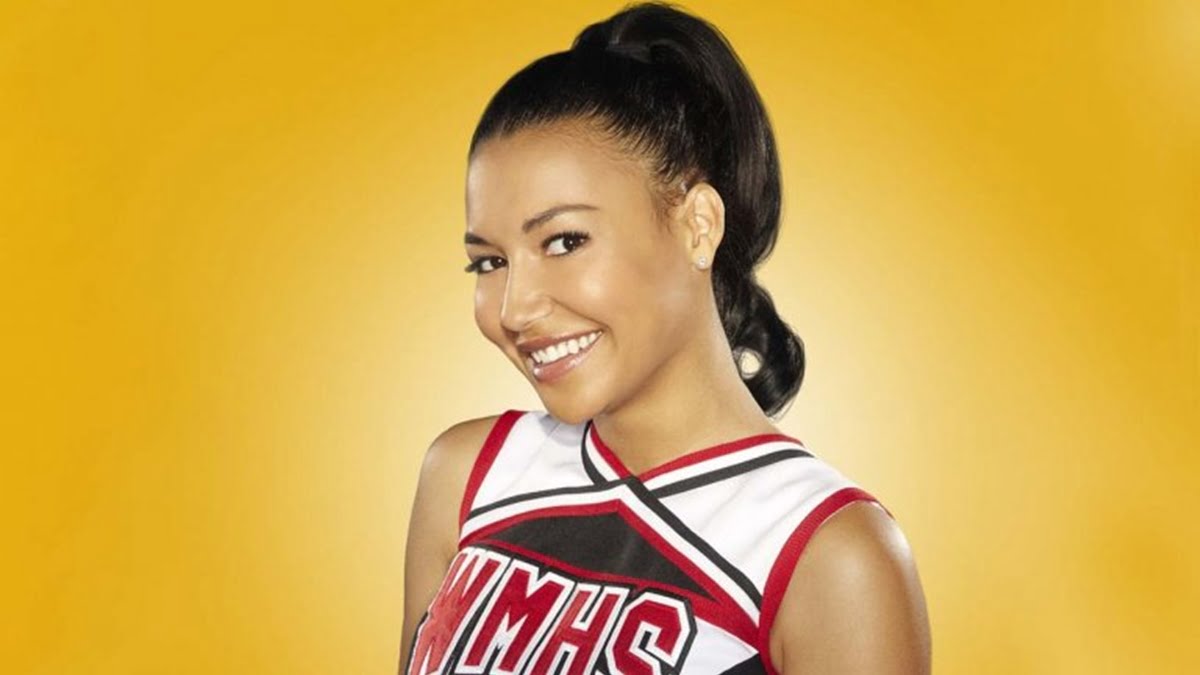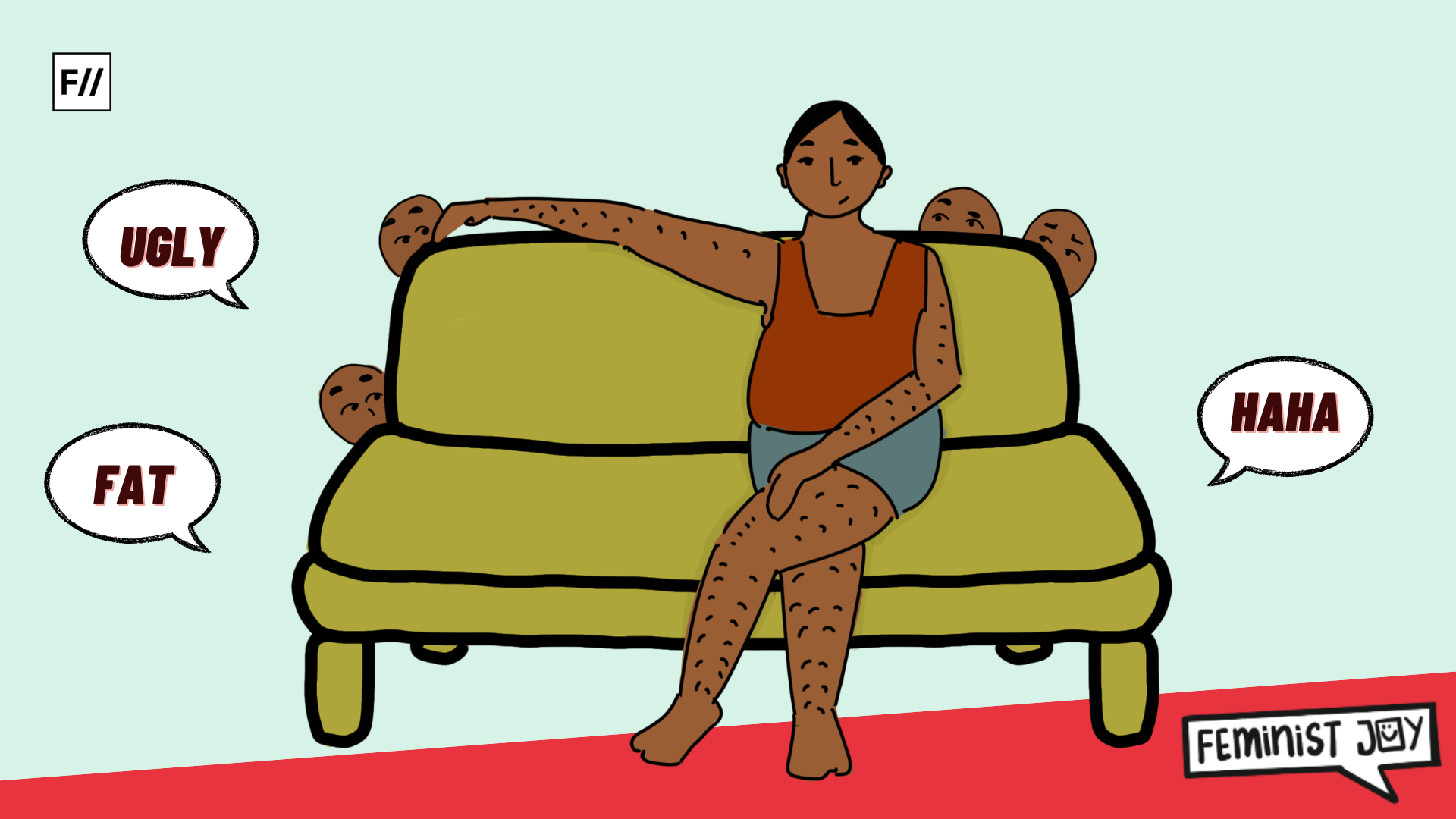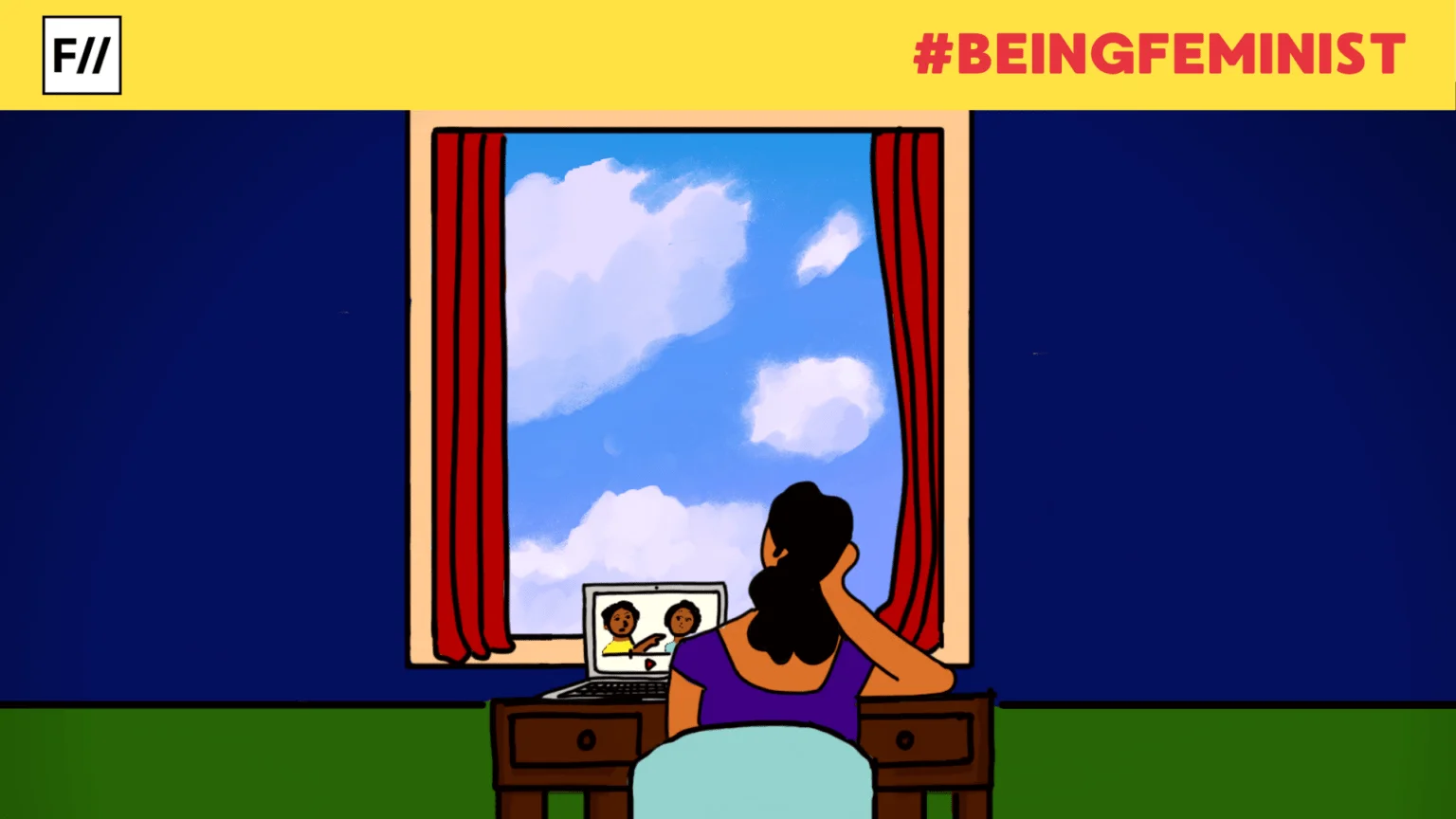Dear Santana,
I started watching Glee in 2015 – the same year that the series ended. After struggling in the closet for almost throughout my middle school and high school, I had managed to tell my best friend “I think I like girls”. It was so scary. My best friend meant the world to me. We would spend ample Saturdays fangirling over Harry Potter. She knew about all my love interests and I knew about all of hers. Basically, I did not want to lose my best friend because I was different.
I didn’t know of any other girl in my school who liked girls. I had, so far, heard the word “lesbian” or “lesbo” being used to demean girls randomly, or heard about how amazing “girl-on-girl” porn happens to be from my guy friends. I was not against anyone watching porn but for my young self, the porn that was on the internet seemed hurtful, vile and unrealistic. So I never watched it. It never gave me pleasure or joy – just left me with a disgusting feeling. However, I took a leap of faith and told my cis-het female best friend that I like women too. She said “That’s cool”. That response gave me the courage to slowly open up about my struggles. I found the strength to then open up about how I have no visual reference point of how are the women who like women, who they are, what are their stories, how do they navigate heteronormative high school spaces full of bullies, gender-performance pressures, growing performative expectations from the adults in their lives and so on. My best friend gifted me six seasons of bliss that changed my life – Glee.
Also read: ‘Intelligent’ TV Shows Disappoint Asexual, Aromantic And LGBTQ Spectrum
Even though I did not have a girlfriend until I joined college, I related to you a lot, Santana. A bitter-mouthed popular girl who was consistently dating men but in her heart of hearts, loved a woman and did not know how to deal with it. You gave me solace, Santana.
Even though I did not have a girlfriend until I joined college, I related to you a lot, Santana. A bitter-mouthed popular girl who was consistently dating men but in her heart of hearts, loved a woman and did not know how to deal with it. You gave me solace, Santana. I did not feel lonely. Your coming out journey taught me how important it is to talk about our struggles. That, if we do not discuss how we feel, we end up harming our own selves. I was a popular girl in high school. I was the school captain, main cast member in most school plays, state-level archery player, dancer, elocutionist, a leader who would not shy away from grabbing the microphone wherever needed – you name it, I did it. Which is why, I know why your world stopped when Finn Hudson shouted, “Hey Santana, why don’t you just come out of the closet?” in a corridor full of peers you actively compete against to achieve everything that you do.

I know how it feels like to think everything you’ve worked hard to achieve will be taken away from you if you tell anyone your little secret. I stayed in the closet because I did not want to lose my shot at becoming the school captain – there I said it. You understood that part of me and you never judged me for my choices. Your story screamed – “Take your time and take it slowly”. I had one foot out of the closet from 12th grade and eventually opened up to a handful of adults who said “It’s okay. We love you anyway”.
I did not know what term to identify with and you helped me with that too. I understood you when you told your crush – “I don’t know about labels. But I know I love you”. I am 23 and it’s been 5 years now that I am out and proud – and it was only last year that I found my identificatory term. LGBTQI+ children spend all their formative years without any knowledge of who they really are. For LGBTQI+ people of colour, our journey of self discovery starts so late, that parallely, our straight friends seem more sorted out. You addressed that too. However, I do wish I had a best friend and a girlfriend in one woman, through my teenage to adult years, like you did. You and Brittany grew together and supported each other against the whole world that was throwing labels at the both of you – stupid, bitch, whore, lame and so much more. The world may have called you this, but all you ever called yourselves was – lovers, best friends, beautiful, smart and gorgeous. In a world full of negative representations, yours stands out as a realistic representation of two young girls navigating their queerness together.
Santana, I did not know what term to identify with and you helped me with that too. I understood you when you told your crush – “I don’t know about labels. But I know I love you”. I am 23 and it’s been 5 years now that I am out and proud – and it was only last year that I found my identificatory term.
Santana, you’re a melody that will never leave my life. You wrote a song with your journey that I sing every single day, as I struggle in a claustrophobic and heteronormative world that invisibilises my queerness because of my femme self.
On that note, – “So I say thank you for the music / For giving it to me”.
Love,
A Queer Brown Femme
Note: This article is a tribute to Naya Rivera who recently passed away. She had rented a boat and gone swimming with her son. She saved her son with all her energy but couldn’t save herself. She portrayed the character of Santana Lopez in Glee.
Also read: Ek Ladki Ko Dekha Toh Aisa Laga: Moving Towards Positive LGBTQIA+ Representation
Priyadarshini Chitrangada is a post-graduate in Gender and Media from the University of Sussex. She is a non binary queer femme (they/she) who is interested in writing and researching about queer rights, survivor rights and Feminism. She is currently the Junior Program Officer at Sappho for Equality – eastern India’s oldest LBT* NGO. Her career spans out as a Writer, Photographer, Festival Curator, Performance Artist, Startup Sustainability Executive, Community Manager and so on. She loves films and poetry and is a part time poet herself! She can be found on Instagram.
Featured Image Source: Hollywood Reporter




